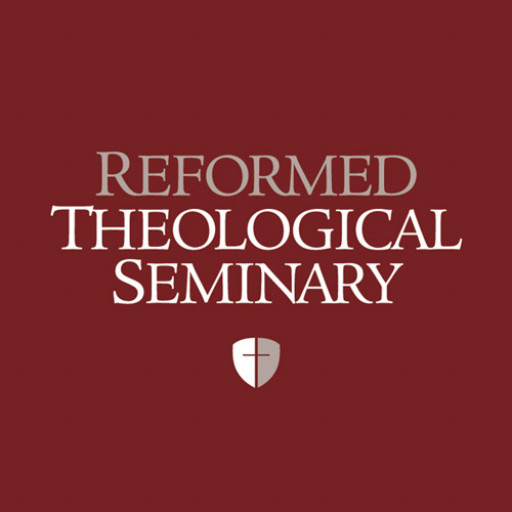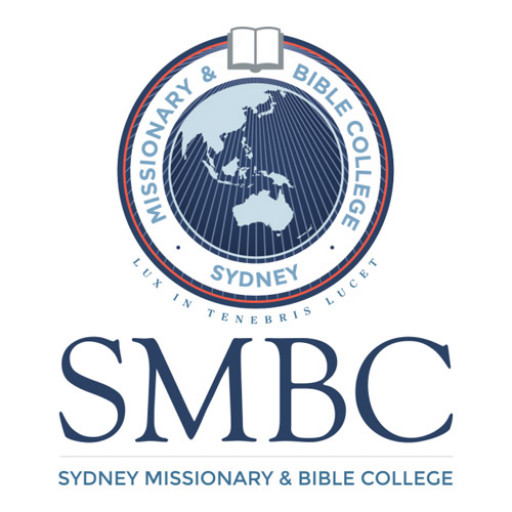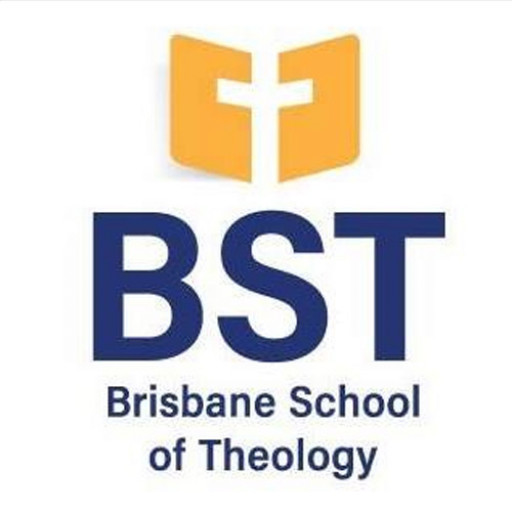The Doctor of Philosophy (Theology) program at Reformed Theological College is a rigorous advanced postgraduate degree designed to prepare students for scholarly research, teaching, and leadership within the realm of Christian theology. This program offers a comprehensive curriculum that integrates biblical studies, systematic theology, church history, and practical ministry, enabling candidates to develop deep expertise in their chosen area of specialization. Throughout their doctoral studies, students engage in critical analysis of theological doctrines, historical developments, and contemporary issues, supported by mentorship from faculty members renowned for their scholarship and adherence to Reformed theological principles. The program emphasizes original research, requiring candidates to produce a substantial thesis that contributes meaningful insights to the field of Reformed theology. Coursework and seminars foster an environment of intellectual challenge and theological reflection, encouraging students to engage with both classical and modern theological sources. Throughout their studies, doctoral candidates are expected to demonstrate high-level analytical skills, biblical exegetical proficiency, scholarly writing ability, and a clear understanding of the practical applications of theology today. The Doctor of Philosophy (Theology) is tailored to equipping graduates for a variety of roles, including university teaching, church leadership, denominational leadership, or further academic research. The program is conducted in a scholarly community committed to uphold the Reformed faith and biblical integrity, providing a stimulating environment for theological inquiry and personal growth. Upon successful completion, candidates will be awarded a PhD in Theology, signifying their capacity to contribute original research and thought leadership to the broader landscape of Christian theological scholarship.
The Doctor of Theology (Research) at Reformed Theological College offers an advanced and comprehensive program designed for those seeking to deepen their scholarly understanding and contribute original research to the field of theology. This program emphasizes rigorous academic inquiry, critical analysis, and scholarly integrity, equipping students with the skills necessary to pursue innovative research in biblical studies, systematic theology, church history, or pastoral theology. Throughout the course of study, candidates will engage with foundational doctrines, contemporary theological debates, and historical developments within the Reformed tradition, fostering a nuanced and critical perspective on Christian faith and practice. The program is structured to promote independent research under the guidance of experienced faculty members who are recognized experts in their respective fields. Students will undertake a significant dissertation project that addresses a unique research question, contributing new insights to theological scholarship.
The Doctor of Theology (Research) at Reformed Theological College encourages an interdisciplinary approach, integrating theology with related fields such as philosophy, history, and social sciences, to enrich research and practice. The program is suitable for academics, pastors, and theologians committed to advancing theological knowledge and its application within church and society. Enrolment requires a Master’s degree in theology or an equivalent qualification, along with a demonstrated capacity for research and academic writing. Throughout the program, students will develop advanced skills in research methodology, critical thinking, and academic communication, preparing them for leadership roles in academia, church ministry, or theological publishing. Graduates of the program will be equipped to make significant contributions to theological discourse, serve as faculty or researchers in academic institutions, and provide informed leadership within their religious communities. The Reformed Theological College’s Doctor of Theology (Research) is dedicated to fostering scholarly excellence grounded in biblical truth and Reformed theology, ensuring students are well-prepared to shape the future of Christian scholarship.
Admission to the Theology (Research) program typically requires applicants to hold a relevant undergraduate degree such as a Bachelor of Theology, Bachelor of Divinity, or equivalent qualification with a strong academic record. Prospective students must demonstrate proficiency in English, often through standardised tests like IELTS or TOEFL, if applicable. Prior theological or religious study at a postgraduate level may be advantageous but is not always mandatory. The program usually involves the submission of a detailed research proposal outlining the intended area of study, which should demonstrate originality, scholarly significance, and feasibility. Applicants are often required to provide academic transcripts, curriculum vitae, and references from academic or religious mentors who can attest to the applicant’s scholarly potential and suitability for independent research. The selection process emphasizes academic capability, research potential, and alignment with the university’s theological frameworks and values. Once admitted, students engage in rigorous research leading to the submission of a substantial thesis, typically under the supervision of faculty members with expertise in the chosen field. The program may also include coursework aimed at developing advanced research skills, theological insight, and a comprehensive understanding of biblical studies, church history, systematic theology, or practical theology, depending on the student’s research focus. To successfully complete the program, students must pass comprehensive examinations and submit a thesis that contributes meaningful scholarly insights to the field of theology. The duration of the research program generally spans two to three years of full-time study, although part-time options may be available. Regular progress reviews and research seminars are part of the program to assist students in developing their research and scholarly writing skills. Graduates are expected to demonstrate a high level of academic proficiency, theological understanding, and research expertise upon completion of their thesis, positioning them for careers in academic, pastoral, or religious education settings.
The Reformed Theological College offers a Theology (Research) program that provides various financing options to support students throughout their studies. Funding opportunities include scholarships, grants, and sponsorships primarily aimed at domestic students, although some international students may also be eligible. Scholarships are awarded based on academic merit, research potential, and financial need. Prospective students are encouraged to apply early and to submit comprehensive documentation demonstrating their qualifications and financial circumstances. The college also collaborates with external organizations and churches that may provide additional financial assistance for research purposes or travel to conferences. Tuition fees vary depending on the specific research project and whether students are enrolled full-time or part-time. Students are advised to consult the college’s official website or admissions office for the latest fee schedules and funding deadlines. Furthermore, students pursuing this research program are often eligible for government grants or loan schemes, depending on their country of residence and eligibility criteria. To facilitate funding applications, the college offers guidance and support through dedicated financial aid offices that assist applicants in understanding the qualification process and preparing necessary documents. Some students may also secure funding from denominational or church-based sources aligned with their theological interests. In addition to monetary support, the college encourages students to seek research grants from academic associations and religious foundations that support theological research, which can help cover costs associated with thesis development, conferences, and publication. It is recommended that applicants thoroughly explore all available options well in advance of their intended start date to ensure a smooth financial planning process. The college remains committed to making theological research accessible and affordable for dedicated students aiming to deepen their understanding of theology within a rigorous academic framework.
The Theology (Research) program at the Reformed Theological College is designed to provide students with an in-depth understanding of theological principles and research methodologies within a Reformed theological framework. This advanced degree aims to prepare graduates for scholarly work, teaching positions, or further academic study in theology and related fields. The program emphasizes rigorous research skills, critical analysis, and engagement with historical and contemporary theological issues.
Students enrolled in the Research degree undertake comprehensive coursework that covers biblical studies, systematic theology, church history, and practical theology, supplemented by specialized research seminars. The curriculum encourages independent investigation, requiring students to produce a significant thesis that contributes original insights to Reformed theology. Throughout the program, students are mentored by experienced faculty members who are active researchers and theologians, guiding them through the research process from proposal development to thesis completion.
The program promotes a scholarly community where students collaborate, participate in academic conferences, and publish papers. It supports students in developing the necessary skills for academic publishing, presenting at conferences, and engaging with broader theological debates. The Reformed Theological College places a strong emphasis on doctrinal fidelity and confessional identity, ensuring that research aligns with Reformed theological principles.
Graduates of the Theology (Research) program are equipped for careers in academia, denominational leadership, theological education, or writing and publishing within the church or academic settings. The program also serves as a foundation for those wishing to pursue doctoral studies in theology. Overall, the program aims to nurture theological scholars who are both historically informed and engaged with contemporary issues facing the church and society at large.








